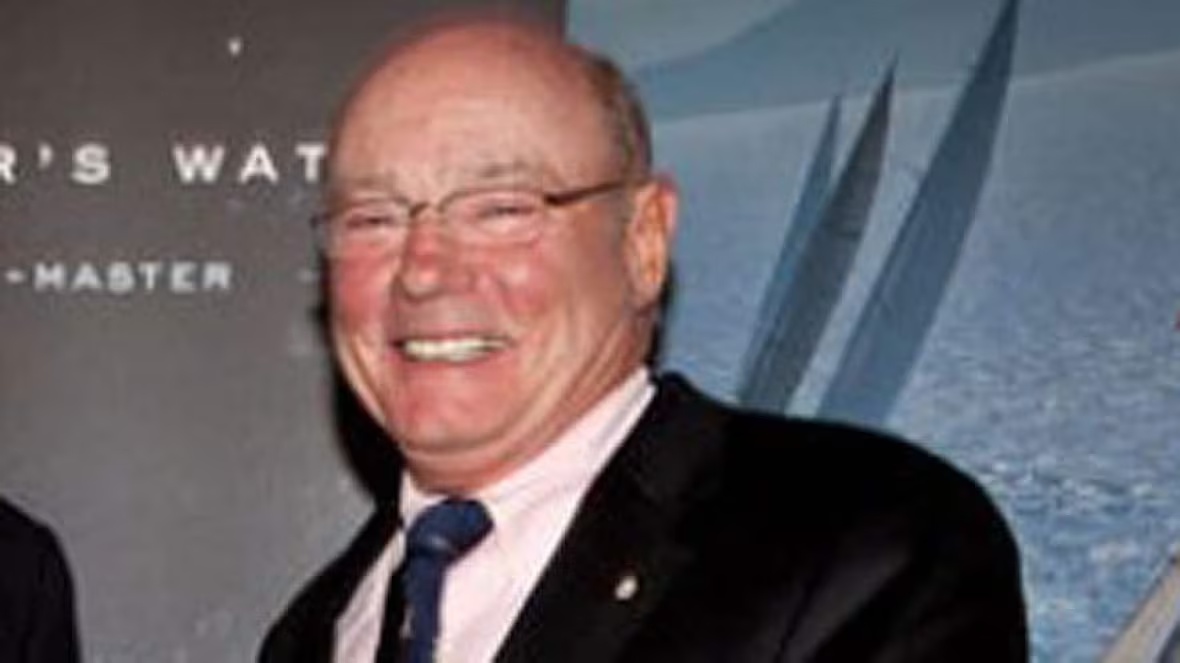Dennis Oland murder trial set to begin in September, take 65 days
Up to 1,500 potential jurors to be summonsed for Oland, accused of killing his father, Richard Oland
The second-degree murder trial of Dennis Oland, who is accused of killing his father, prominent businessman Richard Oland, more than three years ago, is scheduled to begin in mid-September and last 65 days, the Court of Queen's Bench heard Monday afternoon.
That does not include five pre-trial hearings, scheduled to be held between March and June, the Saint John courtroom heard. Details about what will be discussed during those pre-trial hearings is subject to a publication ban.

Up to 1,500 potential jurors will be summonsed — five times the normal jury panel, said Justice John Walsh, who has been brought in from Miramichi.
The courthouse will not be big enough to accommodate all of the people, he said. It's unclear where the jury selection will take place, but possibly Harbour Station.
Crown prosecutor John Henheffer recommended the additional potential jurors, just to be "on the safe side," due to the widespread publicity about the case, and any possible conflict of interest with potential jurors who may have connections to people involved in the case.
"I don't want to have our sheriffs running out on the street" to get other potential jurors because too many are excused, Henheffer said, as Oland listened attentively from the front row of the courtroom, with family lawyer Bill Teed at his side.

"I'll have to think about that," the judge replied. He said he will have to decide "how we run this expeditiously, but fairly, without exhausting anyone."
Oland, 46, will only officially enter a plea when he appears before the judge and jury.
Jury selection will begin on Sept. 8.
The trial is scheduled to begin on Sept. 16 and run until Dec. 18.
Pre-trial hearings will be held on March 30, May 5-8, June 15-19, June 22-26, and June 29-30.
Oland was ordered in December to stand trial, following a preliminary inquiry that took 37 days, stretched out over six months, with testimony from 42 witnesses.
Preliminary inquiries are designed to test the strength of the prosecution's case.
Case based on 'circumstantial facts,' forensics
Provincial court Judge Ronald LeBlanc, who was brought in from Bathurst to preside over the preliminary inquiry, ruled on Dec. 12 that there were six key points he felt were strong enough to send the case to trial. That information cannot be divulged due to a publication ban on evidence, which will only be lifted at the end of Oland's trial.
The judge said his function was not to determine whether Oland is guilty, or whether a jury would likely convict him — only whether a properly instructed jury acting reasonably could potentially return a guilty verdict on the evidence presented.
The prosecution has said its case is based on a "series of circumstantial facts" and forensic analysis which, when viewed in totality, the "reasonable and logical inference" is that Dennis Oland is the assailant.
Oland's defence has suggested the entire investigation was flawed from the beginning, due to alleged "tunnel vision" by members of the Saint John Police Force, who focused on Oland to the exclusion of other possible suspects.
Richard Oland, 69, was found dead in his investment firm office, Far End Corp., on July 7, 2011.
Dennis Oland, his only son, was arrested more than two years later, on Nov. 12, 2013, and charged the following day.
He spent six nights in jail before being released on a $50,000 surety posted by his uncle Derek Oland, the executive chairman of Moosehead Breweries Limited.
Oland, an investment adviser, continues to live in the community under conditions, including that he maintain his residence in Rothesay and advise police of any change of address or any travel outside New Brunswick. He was previously ordered to surrender his passport.
Oland's extended family has stood by him from the beginning, maintaining his innocence.